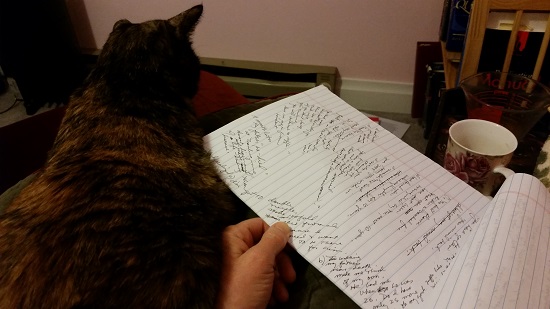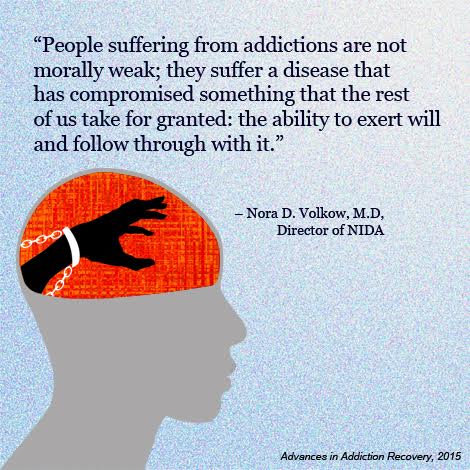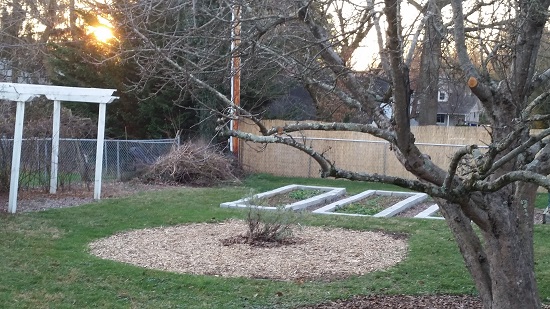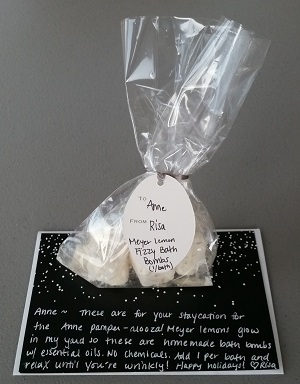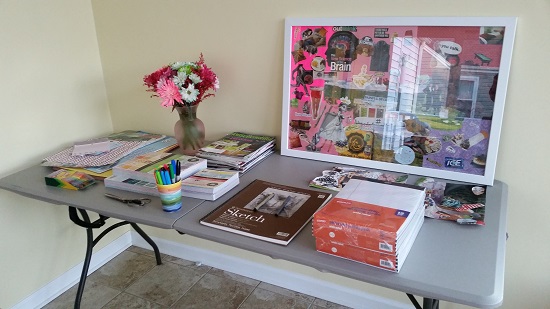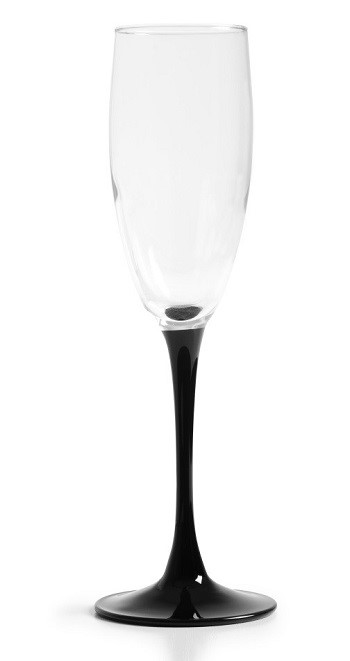“How did you do it?”
 I have been asked this question increasingly often since my name and phone number were published in the local newspaper and online as a contact for a local community addictions recovery support group. I am thrilled that people I know and don’t know are calling and emailing and asking about addictions recovery. The specific question about how I have remained abstinent from alcohol for three years surprised me. As did my answer, which I wrote about in this post: “I don’t know.”
I have been asked this question increasingly often since my name and phone number were published in the local newspaper and online as a contact for a local community addictions recovery support group. I am thrilled that people I know and don’t know are calling and emailing and asking about addictions recovery. The specific question about how I have remained abstinent from alcohol for three years surprised me. As did my answer, which I wrote about in this post: “I don’t know.”
It is imperative to me that I figure out the answer. For myself, I need to know how to duplicate today what worked yesterday to stay sober. For the sake of others, as an addictions recovery counselor, I need to know how to help people get abstinent, stay abstinent, or practice what’s termed harm reduction.
While individuals are welcome to be fans of particular treatments or methods that worked for them, for large numbers of people, i.e. most of the people most of the time, no consensus exists on what effectively treats addiction. Add the common presence of mental illnesses with addiction and what any of us does with this wicked problem is guesswork, pure and simple. I am a relentless student of addictions research and attempt for my guesses to be as educated as possible.
I can start answering, “How did you do it?” with how I didn’t do it:
I didn’t rest.
I didn’t take a single break from round-the-clock vigilance. I didn’t let up doing the 1000 things I tried each day, day after day, to find something, anything that would keep me from drinking.
How in the world is “Expend energy, all day, every day, on unproven methods with unknown outcomes,”a formula for abstinence? It’s ridiculous.
And it barely worked for me. In spite of my exhaustive efforts, three times in the past three years, I entered that place of no-self – perhaps a dissociative fugue state – known well by people with addictions where there is no choice because no conscious identity exists to make it. That’s why relapse rates are so high.
Addiction is an illness of incomparable cruelty. It costs me what separates me as a human from an animal. Sometimes with warning, sometimes without, I am unable to engage reason over instinct. All three times I was inches away from a drink, I was simply interrupted. While I appreciate my determination, my will power, my can-do, I can’t attribute not drinking to anything admirable about me. I got lucky.
I know behind the question, “How did you do it?” is the question, “How can I do it?” I would ask the same. What in me and about me can I use to help myself get over this?
I have no namby-pamby answer to that. “You can do it if you want it enough.” “You can do it if you choose to.” “If you’re desperate enough, you can do this.” “If sobriety is your top priority, you can make this happen.”
I dunno. None of those rallies me, motivates me, and, more importantly, is causal. None of those beliefs, by itself, makes me not drink.
I have shared elsewhere that I believe I was born electric, that the presence of nicotine, caffeine, cortisol and adrenalin while my nervous system was forming expelled me into the universe pulsing. If a primary requirement for addictions recovery is energy, then of course I would do okay at it. To quote Lady Gaga, I was born this way.
I currently have no conscious awareness of wanting to drink. I also have no conscious awareness that I will never drink again. I don’t want to drink again and I will continue with the 1000 things I do that may or may not be keeping me from drinking. But I can sense no certitude. I am certain I will never choose to train to do an Ironman. I am certain I will never choose to travel to see the Pyramids. My preferences give me a sense of certainty and the power to choose.
Given the odds that at three years sober I have about a 40% chance of relapsing, and given the possibility that there’s the 1001th way that I have missed and I get into such a state of distress that I become a no-self, or given the wrongly right circumstances, i.e. a glass of wine poured right here, right now, while I’m alone – I will drink.
O, alcohol. I wish I had never met you.
